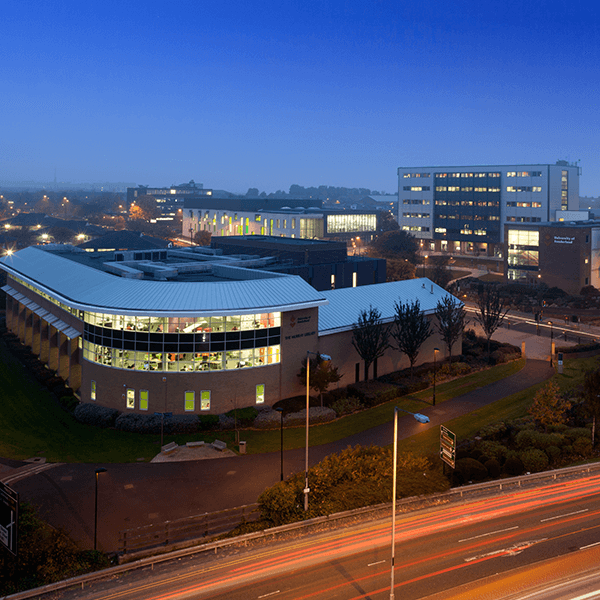Modules
Foundation Year
Foundations of Chemistry for Pharmaceutical Science (30 credits)
How do chemistry principles apply to pharmaceutical science? In this module, you’ll build the foundational chemistry knowledge needed for your future studies in the field. You’ll learn about atomic structure, bonding, the mole and calculations, thermodynamics, acids and bases, chemical equilibria, and reaction kinetics. In organic chemistry, you’ll explore the reactions of simple functional groups, nomenclature, isomerism, and an introduction to reaction mechanisms.
Inorganic and Physical Chemistry for Pharmaceutical Science (30 credits)
This module builds on the concepts from Foundation Chemistry, diving deeper into key ideas essential for Pharmaceutical Science. You’ll explore the quantitative aspects of chemical equilibria and reaction kinetics, along with more complex thermodynamics, pH calculations, and titrimetric analysis of drugs. New concepts such as molecular orbital theory, hybridisation of atomic orbitals, and the ideal gas equation will also be introduced. How do advanced chemistry concepts apply to pharmaceutical science? In this module, you’ll gain a deeper understanding of the chemical principles that underpin drug development and analysis.
Organic Chemistry and Biochemistry for Pharmaceutical Science (30 credits)
How do organic chemistry and biochemistry intersect in pharmaceutical science? In this module, you’ll gain a deeper understanding of the chemical processes and techniques that are essential in the study of biological systems. You’ll explore mechanisms, resonance, and electronic effects in more detail, along with structural elucidation techniques such as proton nuclear magnetic resonance, mass spectrometry, and infrared spectroscopy. The biochemistry part of the module covers biological molecules like carbohydrates, lipids, proteins, and nucleic acids. You’ll also study cells and tissues, enzymes, genetics, and metabolic pathways.
Foundations of Health and Disease (30 credits)
How does the human body work, and what happens when it doesn’t? In this module, you’ll gain a solid understanding of the body’s systems and the causes of disease. This module offers a comprehensive introduction to human anatomy and physiology, laying the foundation for studying Biomedical Science, Healthcare Science, and Pharmaceutical Science. You’ll explore the basic structure and function of the human body, along with what happens when these processes go wrong. This will help you understand the complex interactions that keep the body functioning and give you an introduction to the pathogenesis of disease.
Some modules have prerequisites. Read more about what this means in our Help and Advice article.

